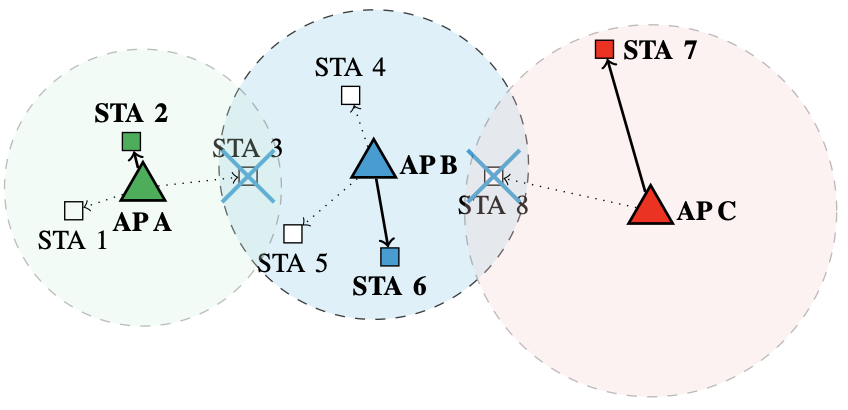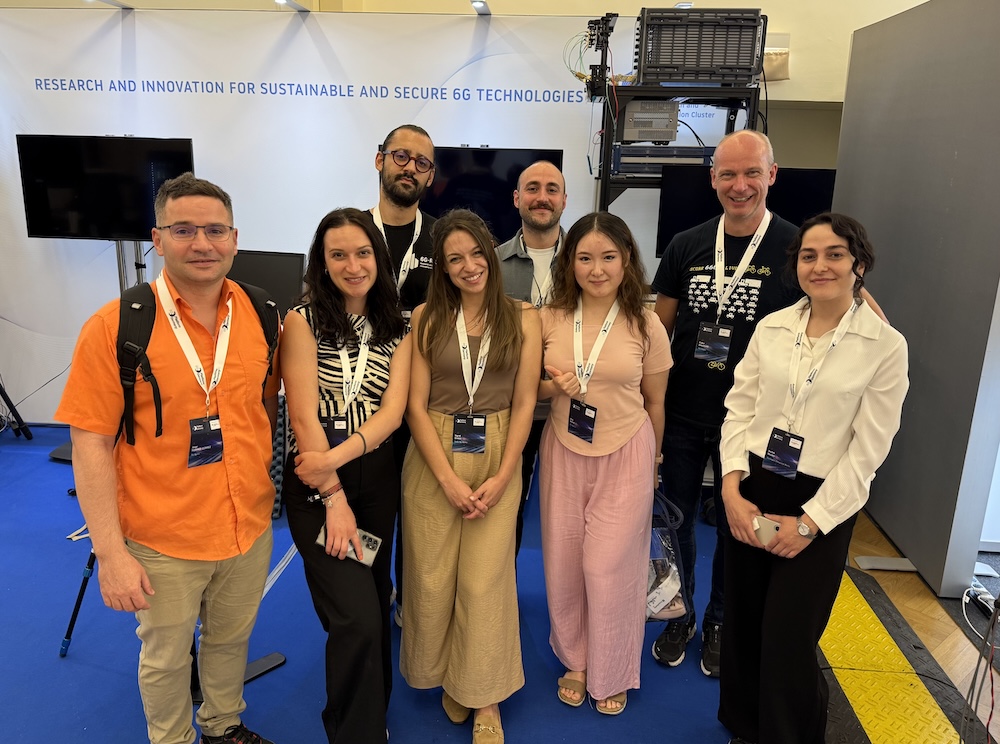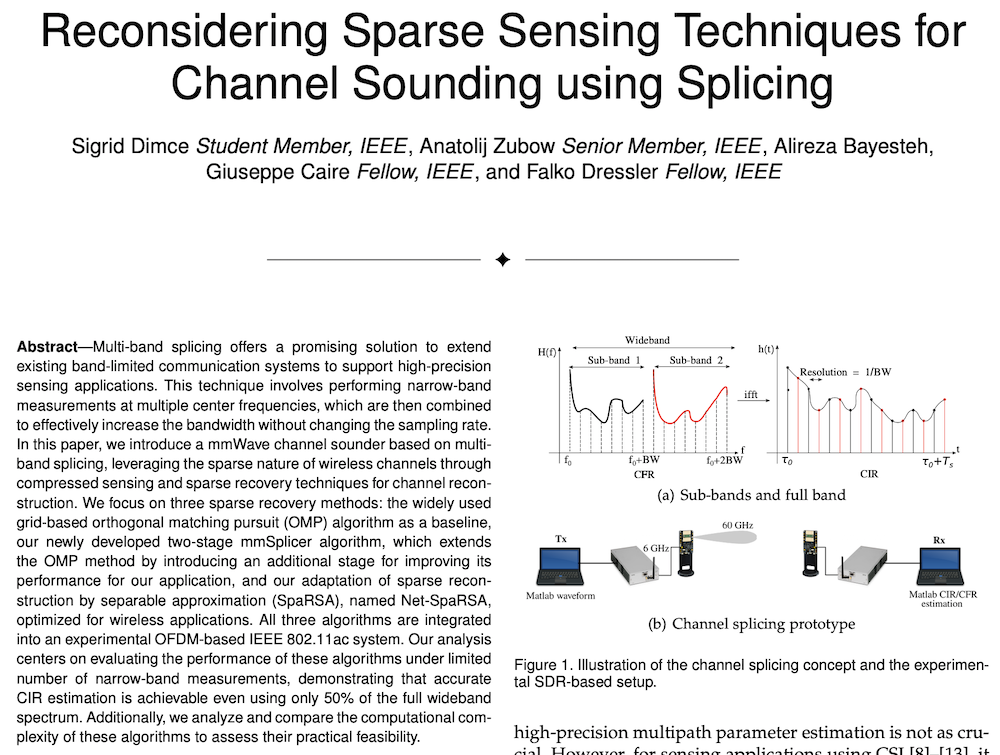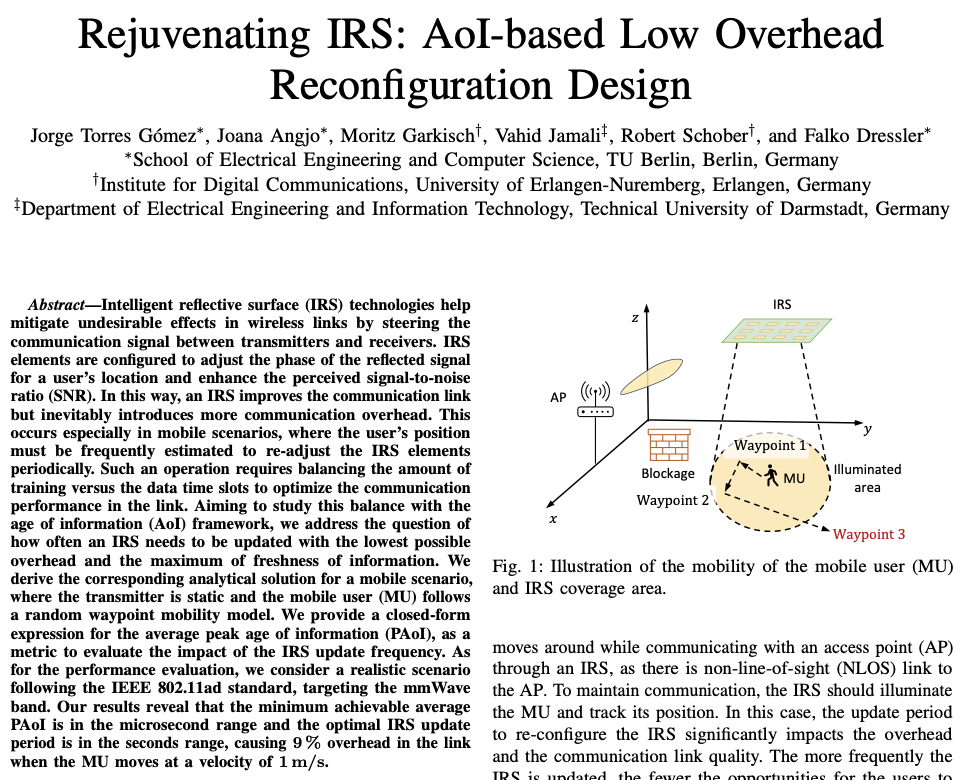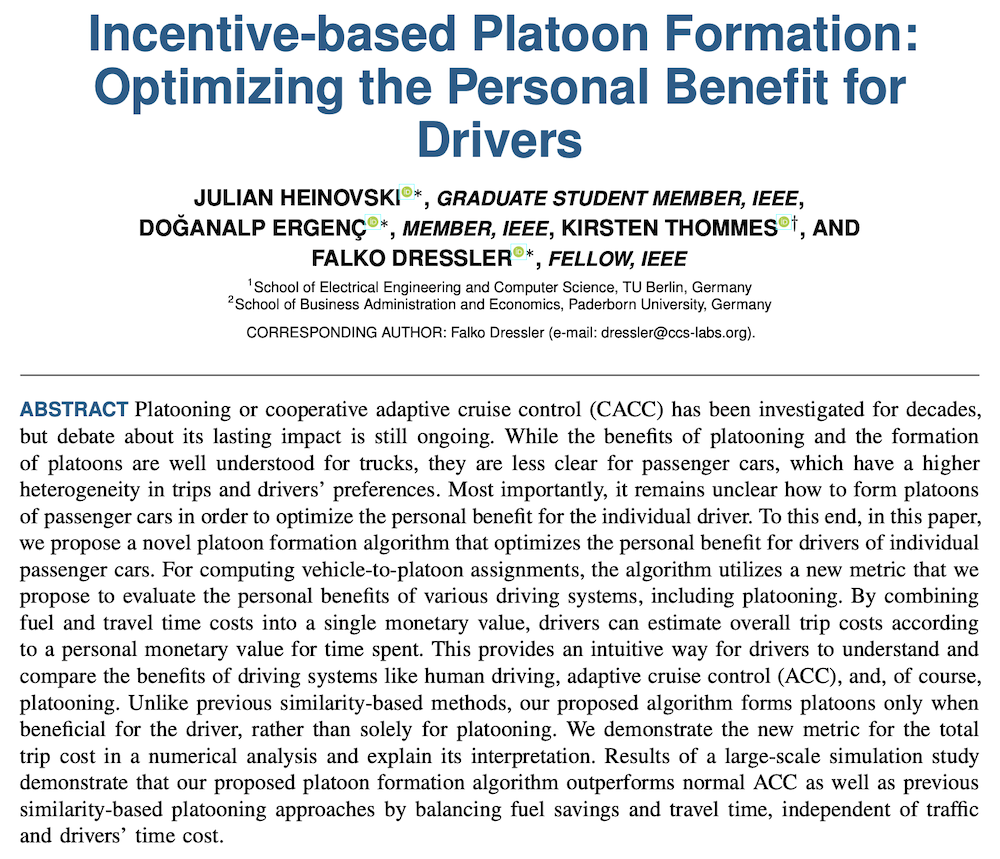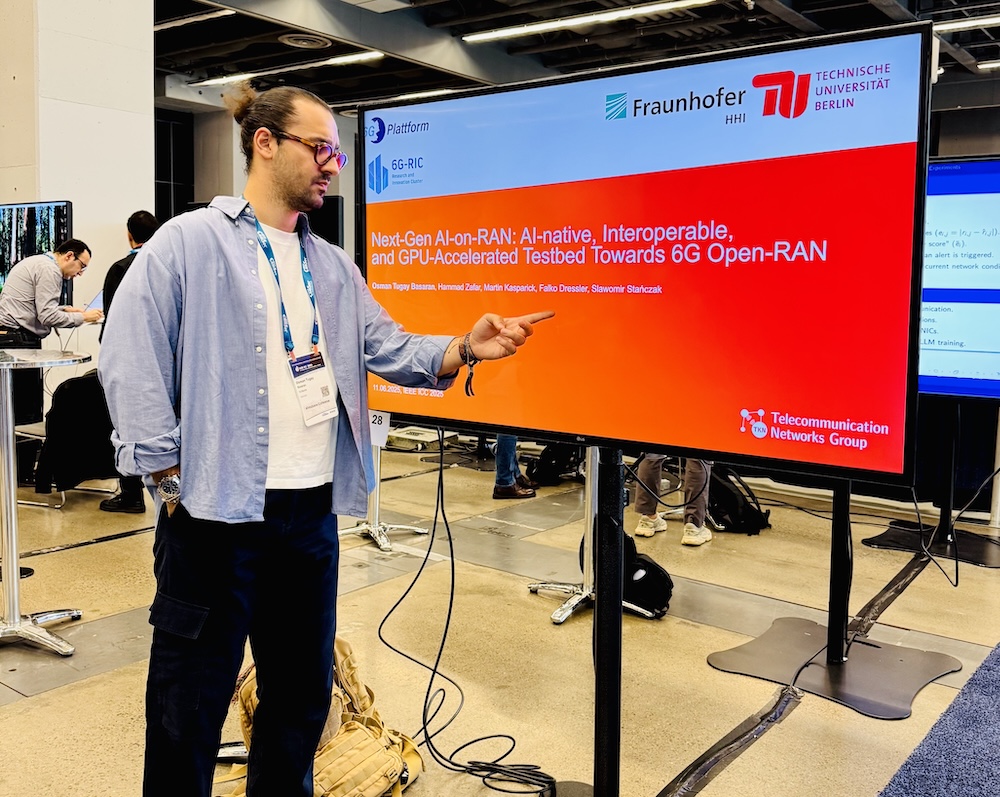Literature Database Entry
schoenberg2023trip
Sven Schoenberg, "Trip Planning for Electric Vehicles," PhD Thesis, Department of Computer Science, Paderborn University (UPB), January 2023. (Advisor: Falko Dressler; Referees: Falko Dressler and Claudio Ettore Casetti)
Abstract
Electric vehicles are ever increasing in popularity and will likely supersede vehicles with internal combustion engines in the future. But short driving ranges and long charging times still make them less convenient for long-distance travel. Also, drivers that cannot charge at home have to rely on the public charging infrastructure for everyday charging, which often requires extra time compared to filling up an internal combustion engine vehicle or charging at home. Another potential issue is that long wait times could occur when too many vehicles want to charge at the same time at the same charging station. In this thesis, we present several approaches to address these issues. First, by planning long-distance trips including charge stops, we can minimize the total travel time on long journeys. We select the best compromise between fast and energy-efficient routes by using a multicriteria shortest path search. We also take into account nonlinear charge curves and consider only partially charging the vehicle’s battery at the charge stops. To achieve practical computation times, we exploit the fact that most route queries are between the known locations of the charging stations and precompute parts of the shortest path search for these locations. Simulation experiments confirmed that our routing and charging strategy results in reduced total travel times compared to alternative strategies. Second, to minimize the extra time required for everyday charging, we plan urban trips including charge stops while taking the driver’s schedule for the day into account. The vehicle is charged either en route while stopping at a fast charging station, similar to using a gas station, or at a charging station close to the destination. The latter has the advantage that the driver can visit the destination and does not have to wait with the vehicle, but it is only feasible if a charging station is available within walking distance of the destination. Simulation results indicate that having both options can significantly improve the extra time spent with charging compared to being limited to one option. Third, we propose a central service that coordinates charging between vehicles to reduce the time people have to wait at charging stations. Vehicles can query wait time estimates for any charging station at any point in the future, if they agree to announce their own planned charge stops to the service in exchange. The wait time estimates can be used by the vehicles when planning their trips to avoid long wait times. In simulations, we were able to achieve a reduction in wait times of up to 98 %. Fourth, we introduce an approach to extend the public charging infrastructure. By analyzing typical driver schedules, we identify locations for new slow and fast charging stations and, using simulations, we determine a suitable number of charge points. With a combination of a few fast charging stations and many slow charging stations, we were able to significantly reduce the average extra time spent with charging.
Quick access
Contact
BibTeX reference
@phdthesis{schoenberg2023trip,
author = {Schoenberg, Sven},
title = {{Trip Planning for Electric Vehicles}},
advisor = {Dressler, Falko},
institution = {Department of Computer Science},
location = {Paderborn, Germany},
month = {1},
referee = {Dressler, Falko and Casetti, Claudio Ettore},
school = {Paderborn University (UPB)},
type = {PhD Thesis},
year = {2023},
}
Copyright notice
Links to final or draft versions of papers are presented here to ensure timely dissemination of scholarly and technical work. Copyright and all rights therein are retained by authors or by other copyright holders. All persons copying this information are expected to adhere to the terms and constraints invoked by each author's copyright. In most cases, these works may not be reposted or distributed for commercial purposes without the explicit permission of the copyright holder.
The following applies to all papers listed above that have IEEE copyrights: Personal use of this material is permitted. However, permission to reprint/republish this material for advertising or promotional purposes or for creating new collective works for resale or redistribution to servers or lists, or to reuse any copyrighted component of this work in other works must be obtained from the IEEE.
The following applies to all papers listed above that are in submission to IEEE conference/workshop proceedings or journals: This work has been submitted to the IEEE for possible publication. Copyright may be transferred without notice, after which this version may no longer be accessible.
The following applies to all papers listed above that have ACM copyrights: ACM COPYRIGHT NOTICE. Permission to make digital or hard copies of part or all of this work for personal or classroom use is granted without fee provided that copies are not made or distributed for profit or commercial advantage and that copies bear this notice and the full citation on the first page. Copyrights for components of this work owned by others than ACM must be honored. Abstracting with credit is permitted. To copy otherwise, to republish, to post on servers, or to redistribute to lists, requires prior specific permission and/or a fee. Request permissions from Publications Dept., ACM, Inc., fax +1 (212) 869-0481, or permissions@acm.org.
The following applies to all SpringerLink papers listed above that have Springer Science+Business Media copyrights: The original publication is available at www.springerlink.com.
This page was automatically generated using BibDB and bib2web.

